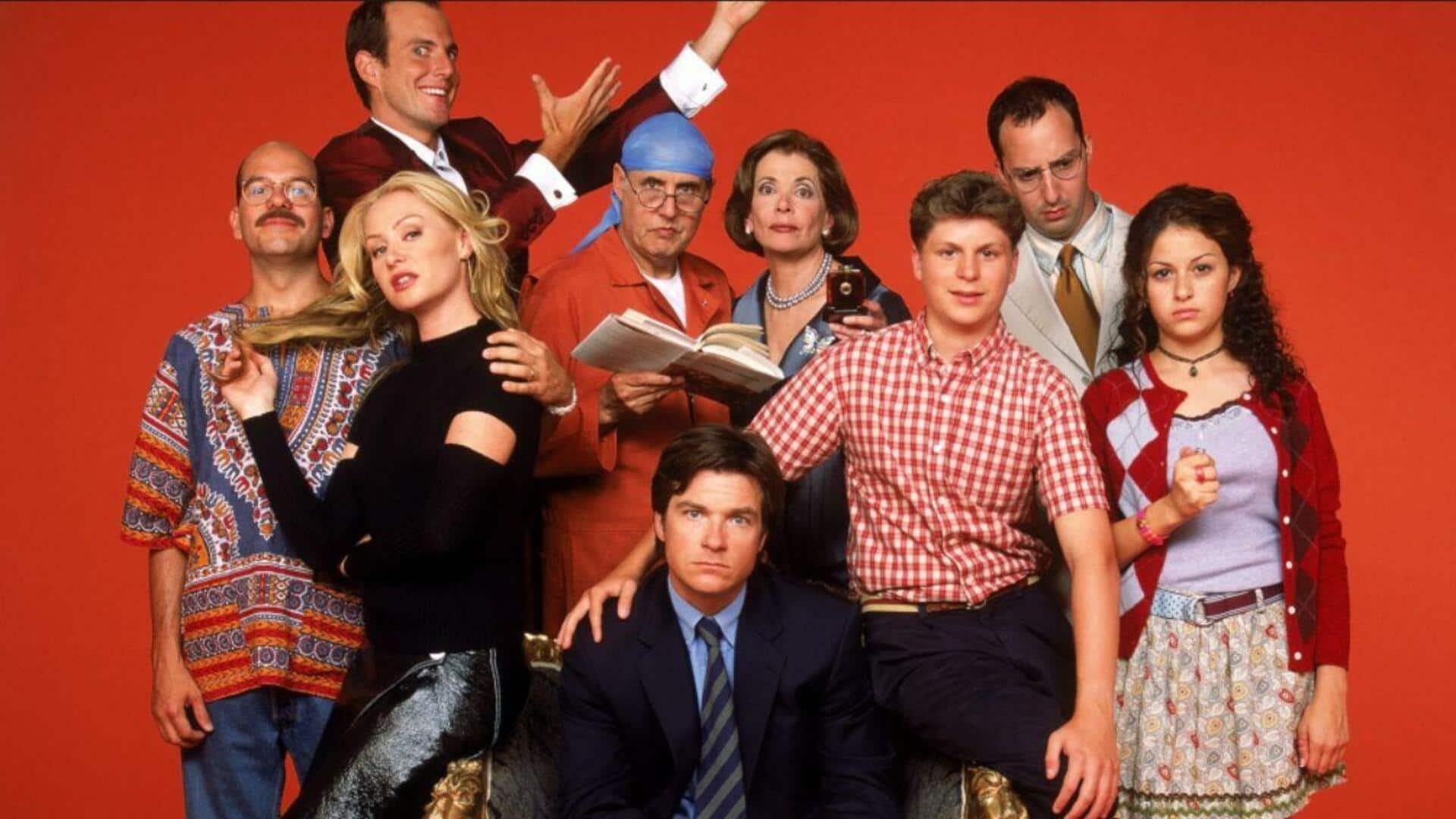
Why 'Arrested Development' nails dysfunctional family comedy
What's the story
Arrested Development humorously showcases a dysfunctional family's life. The series focuses on the Bluths and reveals how humor depicts serious family issues, making it relatable. The series emphasizes the impact of dysfunction on relationships and individual behavior through unique character interactions. From what it means to be a bad father to what happens when your family is the worst, it underscores familial chaos.
Coping strategy
Humor as a coping mechanism
One of the best things that Arrested Development does is showcase how humor can be used to deal with a dysfunctional family. Characters often resort to sarcasm and wit to navigate through uncomfortable situations, conflicts. This also highlights how humor can be used as a temporary relief from tension and let family members walk through tough roads without really confronting what's wrong.
Financial strain
Financial instability and its impact
Arrested Development accurately depicts how financial instability can contribute to familial dysfunction. How do the Bluth family's financial troubles create constant stress and conflict among them? The show reinforces the role money plays in shaping family dynamics. It often leads to power struggles, mistrust, and resentment when resources are scarce or mismanaged.
Miscommunication
Communication breakdowns
The series also highlights frequent communication breakdowns within the Bluth family and how misunderstandings can lead to fights. Characters are often seen failing to listen or empathize with each other, which leads to misinterpretations and further discord. This portrayal emphasizes the importance of effective communication in keeping healthy relationships within families.
Role shifts
Role reversals in family structure
Arrested Development deals with role reversals in a family where kids are forced to parent adults because they are either too incompetent or aren't even around. This is what Michael Bluth's character is all about: being the only sane one around his crazy relatives. These role reversals also underline the challenges of people who have to prioritize their family over themselves because of a dysfunctional home.